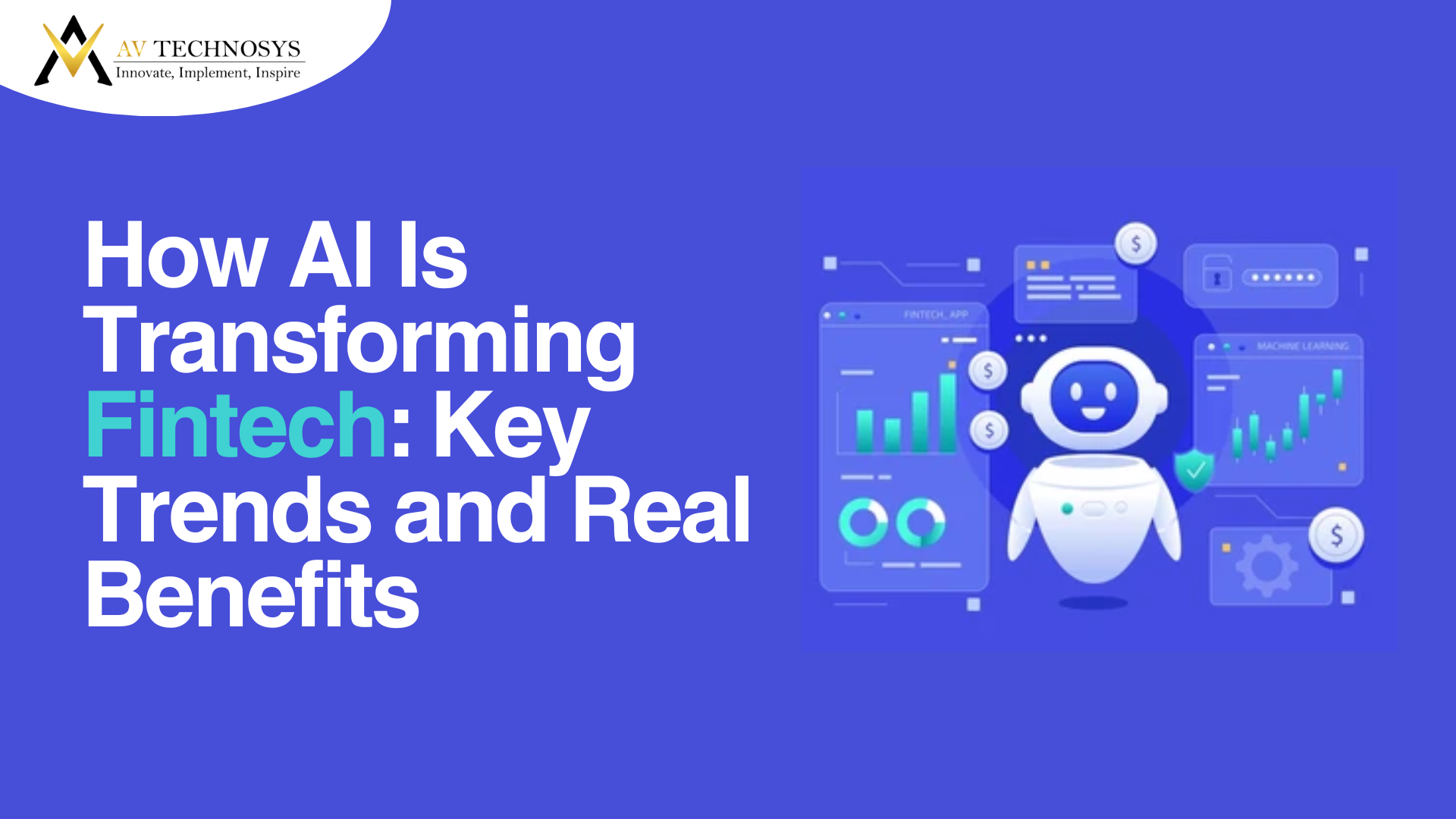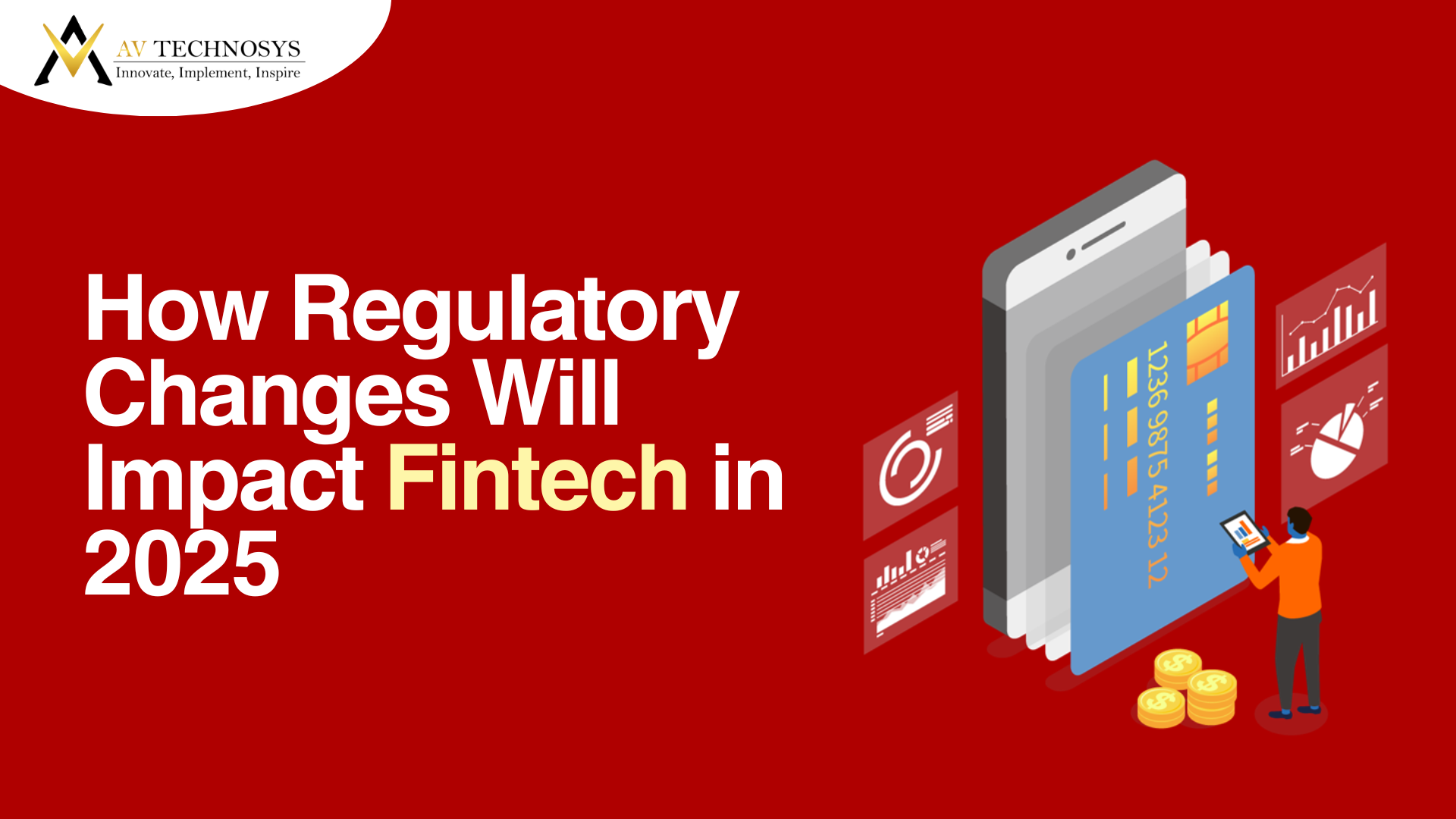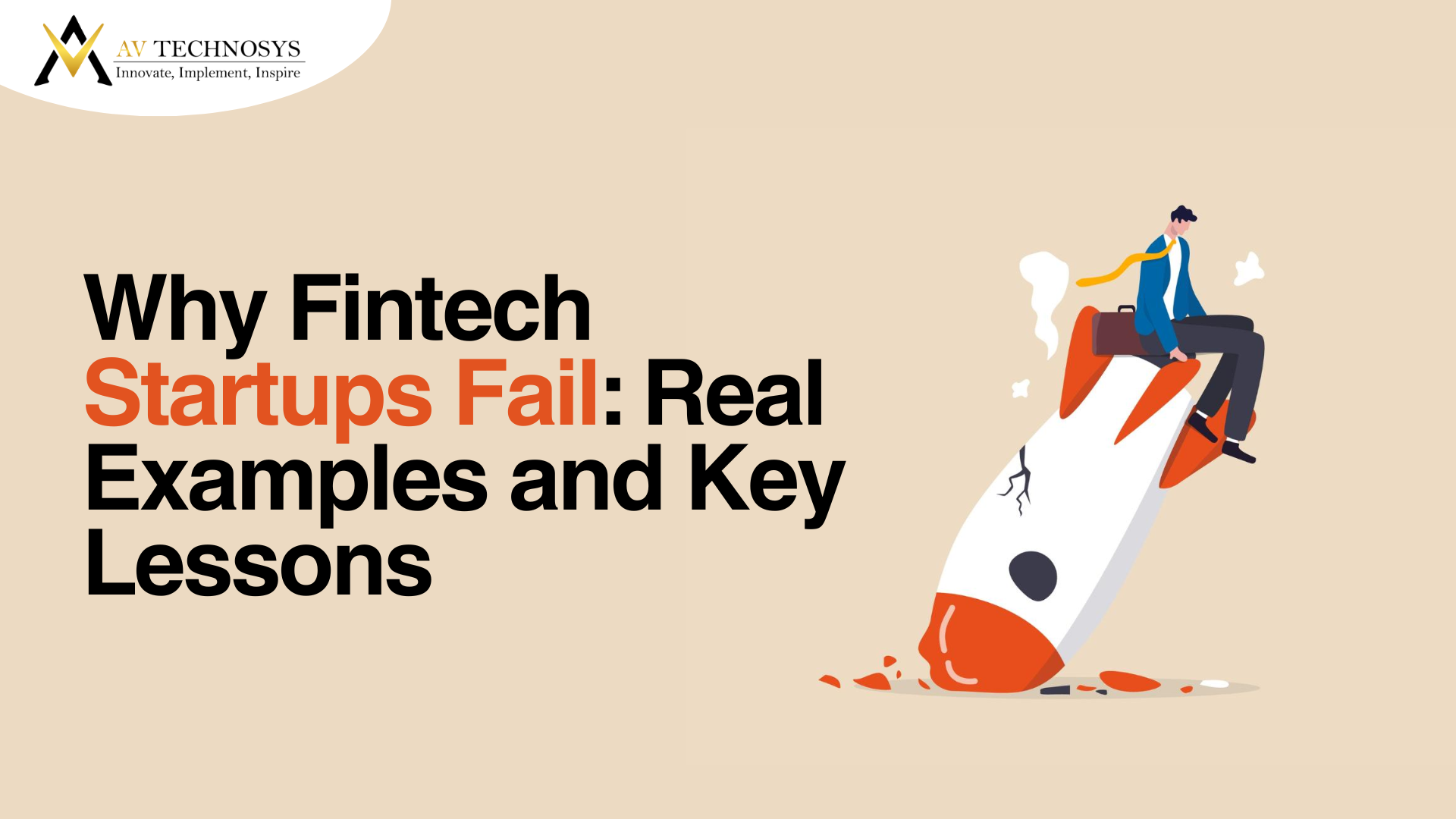Trending On-Demand App Ideas to Build in 2025
Discover trending on-demand app ideas to build in 2025 and tap into high-growth digital markets.


On Demand App Development
In the age of convenience, on-demand apps have transformed how we access services, products, and experiences. From getting groceries at your doorstep to booking a doctor with a tap, the on-demand economy is booming, and 2025 is shaping up to be another landmark year for innovation.
Whether you’re an aspiring entrepreneur or a tech startup looking to launch your next big idea, this blog explores the top trending on-demand app ideas for 2025 that offer high growth potential, user demand, and long-term scalability.
Why On-Demand Apps Are Still a Big Opportunity in 2025
Before we dive into the list, let’s quickly understand why on-demand platforms remain hot in 2025 and why every forward-thinking on demand app development company is tapping into this booming market.
Consumer behavior is mobile-first and instant-gratification focused
Startups prefer lean models with tech-enabled scalability
AI and hyper-personalization have made user experiences more refined
Subscription and pay-per-use models continue to dominate
From niche services to daily utilities, there’s room for disruption and innovation in every vertical.
1. On-Demand Home Services App
Think of apps like Urban Company or TaskRabbit, but hyper-local and AI-driven.

Features to include:
Real-time booking of electricians, plumbers, AC repair, and pest control
GPS tracking, reviews, and upfront pricing
AI-based service recommendations
Subscription or AMC-based service models
Why it’s trending:
Post-pandemic, people prefer vetted professionals who come to them rather than exploring offline options. Safety, hygiene, and trust matter.
2. Grocery Delivery App with AI Meal Planning
While grocery delivery is not new, combining it with AI-based meal planning and healthy recipes creates a new niche.
Unique features:
Weekly meal kits based on diet (keto, vegan, diabetic)
Personalized grocery suggestions
Recipe videos, calorie counters
Integration with fitness apps
Monetization: Subscription for premium meal plans, ads, and delivery charges.
3. Mental Wellness On-Demand App
The mental wellness industry is growing rapidly, and users are seeking non-intrusive, app-based support.
Offer:
Book therapists or counselors for video calls
Guided meditation sessions (live/on-demand)
Community support groups
Journaling, emotion tracking, AI mood analysis
Opportunity in 2025:
Mental health stigma is decreasing, and more people are investing in their emotional wellbeing.
4. Doctor-on-Demand & Diagnostic Booking App
Healthcare is going digital, and apps offering teleconsultation + diagnostics + prescriptions are becoming essential.
Features:
Schedule video consultations
Book a home sample collection
Integration with pharmacies for medication delivery
AI symptom checker
Revenue model: Consultation fees, commissions from labs, partnerships with pharma brands.
5. Handyman for Rent: App for Local Fixers
2025 is all about DIY+ASSIST models, and not everyone wants to hire a full contractor. An app offering skilled workers for micro-tasks is a winner.
Think:
Mounting TVs, fixing leaks, assembling furniture, etc.
USP:
Verified local fixers, ratings, and hourly booking.
6. Pet Care On-Demand App
Pet ownership has risen significantly, especially in urban India and the US. Pet parents want convenient services for their furry friends.
The app can offer:
On-demand pet grooming, walking, and vet visits
Pet sitting during vacations
Emergency helpline and first-aid tips
Pet food ordering
Why 2025 is ripe:
People now treat pets as family and are willing to spend on their comfort and health.
7. Nursing & Elderly Care App
A growing ageing population means a growing need for at-home caregiving services.
Solution:
On-demand nurses, physiotherapists, or elderly caretakers
Option for live-in or hourly caregiving
Real-time monitoring and family alerts
This idea is both impactful and scalable, especially in Tier 1 and Tier 2 cities.
8. Car Repair and Maintenance App
Owning a vehicle comes with frequent repair needs. But going to a garage isn’t always feasible.
Idea:
An app where certified mechanics come to your home or office.
Bonus:
Integrate predictive maintenance using AI (based on kilometers run, age of car, etc.)
9. On-Demand Beauty Services App
Home beauty services continue to grow among working professionals and homemakers.

Services:
Haircuts, facials, waxing, bridal makeup
Real-time stylist booking
AR-based style preview
Ideal users: Tier 1 city women, wedding season clients, working professionals.
10. Tutor-on-Demand for Skill-Based Learning
Education is now skill-based and micro-certified.
What to offer:
On-demand tutors for coding, spoken English, or board subjects
Live or recorded sessions
Doubt-clearing in real-time
Target market:
Students, working professionals, job seekers, and competitive exam aspirants.
11. B2B Technician Booking App
Targeted at businesses, not individuals, this app helps companies quickly hire tech repair professionals, IT troubleshooters, or security system installers.
Niche value:
Serves offices, co-working spaces, hotels, etc.
12. Hyperlocal Logistics and Delivery App
Create an app that connects local shops with part-time delivery agents in under 1 hour.
Use case:
Instant medicine delivery, forgotten item delivery (keys, laptops), etc.
Key feature:
Geo-fencing, a partner app for vendors, and delivery time tracking.
13. Cloud Kitchen Aggregator Platform
While food delivery is saturated, cloud kitchen discovery is still an open opportunity.
How it works:
List the trending cloud kitchens in each area
Users order through your platform
Promote new kitchens, collect reviews, and offer loyalty points
This model avoids logistics; it just connects buyers and kitchens.
14. Personal Trainer On-Demand App
Offer real-time booking with certified fitness experts for home or online sessions.

Add-ons:
AI fitness goal tracking
Integration with wearables (Fitbit, Apple Watch)
Weekly challenges
15. Personal Stylist & Wardrobe Assistant App
AI + Human stylists can offer on-demand style consultations.
The app can include:
Upload your wardrobe
Get outfit suggestions for events
Shop curated looks
Book personal shopping assistants
Great for fashion-focused users and influencers.
16. Private Chef or Home-Cooked Food Delivery App
People crave homely, hygienic food – but don’t always have time to cook.
Idea:
Hire a private chef for parties or daily meals
Or order fresh meals from home kitchens nearby
Revenue model: Commission + subscription-based meal plans
17. Deep Cleaning & Sanitization Booking App
Especially post-COVID, demand for professional cleaning (homes, offices, sofas, mattresses) has remained high.
The app can include:
AMC packages
Emergency bookings (post-party, pre-move-in)
Eco-friendly options
18. Nanny & Childcare On-Demand App
Busy parents want background-verified, trusted caregivers.
Offer:
Book part-time nannies, full-day childcare
Emergency babysitters
Reviews, ratings, ID verification, live location sharing
19. Interior Design + Execution On-Demand App
Let users book designers and get visualizations + execution support via an app.
Tech integration:
AR/VR for interior previews, instant quotes, and material selection.
20. Career Coaching and Resume Help App
Offer users expert help on demand:
Resume review
LinkedIn optimization
Job interview training
Career strategy calls
2025 insight:
With more layoffs and job-hopping, career coaching is in demand.
Final Thoughts: Where to Begin?
Choosing the right on-demand app idea depends on:
Your target market
Your budget and tech capability
Demand gaps in your region
Monetization model and scalability
Before investing in development, validate your idea with a small MVP (minimum viable product), test in one location, and then scale.
Bonus Tips for Building On-Demand Apps in 2025
Use AI and ML for smart recommendations and automation
Build for speed and UX — performance matters more than features
Focus on trust signals — reviews, verification, guarantees
Add live tracking and real-time communication
Offer subscription plans or credit systems for loyalty
Ready to Launch Your On-Demand App?
Whether it’s pet grooming, personal styling, or cloud kitchen discovery, on-demand apps continue to redefine modern living. If you're ready to build your own, choose a reliable development partner, validate your idea, and focus on user experience from day one.
2025 is the year of smart, hyper-personalized, and convenience-first platforms.
Need help building your on-demand app?
Talk to our team at AV Technosys we help startups turn bold app ideas into fully scalable platforms.
FAQs
Q1. What is an on-demand app?
A: An on-demand app is a digital platform that connects users with service providers instantly or within a short time. Examples include Uber (transport), Zomato (food delivery), and Urban Company (home services).
Q2. Are on-demand apps still profitable in 2025?
A: Absolutely. With mobile usage and the gig economy at an all-time high, on-demand apps remain one of the most profitable and scalable tech startup models in 2025.
Q3. How much does it cost to build an on-demand app?
A: The cost varies depending on features, platforms (iOS/Android), UI/UX complexity, and backend integrations. Typically, it can range from $10,000 to $100,000+. Partnering with an experienced on demand app development company can help optimize costs and quality.
Q4. How long does it take to launch an on-demand app?
A: A basic MVP (Minimum Viable Product) can take 6–10 weeks. A full-featured app might take 3–6 months. The timeline depends on functionality, testing, and post-launch refinements.
Q5. Which industries can benefit from on-demand apps?
A: On-demand models work well for healthcare, beauty, food, home services, logistics, fitness, education, automotive, and more. Almost every industry has scope for instant service delivery via apps.
📬 Get in Touch With Us
Name
Mobile No.
Message
Our Latest Blogs
Get the most recent information on trends, technology, and development insights.
View All Blogs

Ashish Bishnoi
07-05-2025
Discover how AI is reshaping fintech with key trends and real-world benefits driving innovation in 2025.

Veer choudhary
08-05-2025
Explore how new regulatory changes will shape the future of fintech in 2025 and beyond.

Veer choudhary
11-05-2025
Learn why fintech startups fail with real examples and key lessons to build smarter in 2025.
Our Technology Experts Are Catalysts for Digital Transformation
Book a Free call with Our Experts and Start Building the Future Today.

INDIA
238, 2nd floor, Purani Chungi,
DCM Road, Vaishali Nagar,
Jaipur, Rajasthan, 302017
+91 9983034111

UK
1-3 St Nicholas Street Worcester
WR1 1UW, United Kingdom
+44 7470994018

USA
15632 Lucy Lane ,
Frisco , TX , 75033
303-589-5158







